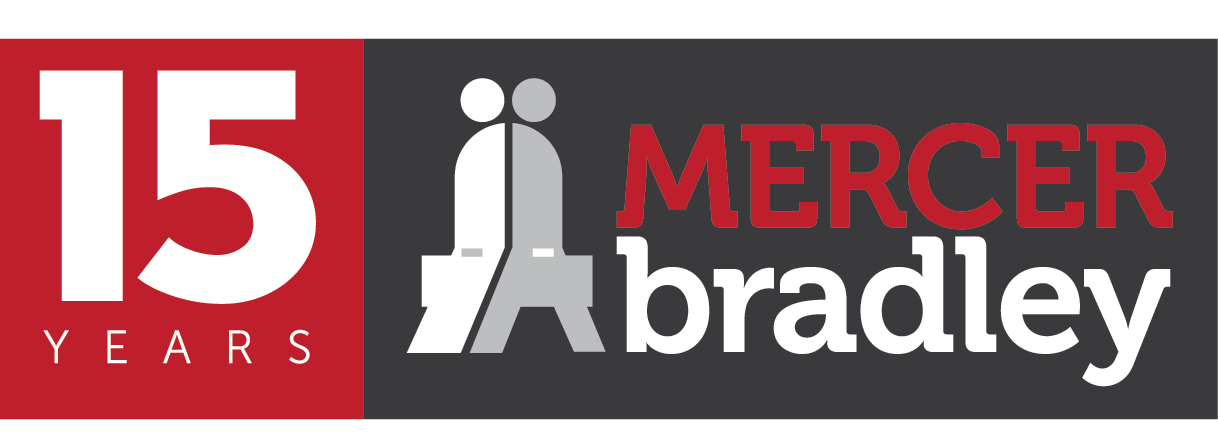Interviewing for a job typically is stressful. Interviewing when English is not your first language can be even more challenging.
No matter your proficiency in English, you might find that using the language during an interview is more stressful than using your native language during an interview. Fortunately, you can practice using effective strategies when English is not your first language. These suggestions can help.
Choose among these effective strategies when English is not your first language.
Read and Listen to the News in English
Find newspapers, magazines, radio, TV and online resources that share news in English. Engagement in this activity provides you with multiple benefits:
- Stay updated on current affairs
- Expand your vocabulary
- Improve pronunciation
- Increase your ability to properly use words
- Learn to spell English words
Practice Speaking in English
As much as possible, have conversations with others who speak English. Engagement in ongoing opportunities to practice what you learn helps increase your diction and confidence.
Focus on Your Body Language
Your body language can help the interviewer interpret your meaning and tone. Therefore, you should use proper facial expressions and gestures to match your message:
- Smile to show excitement about the role.
- Furrow your brow to demonstrate seriousness.
- Bounce your hands up and down to show comparing concepts or weighing different options.
Use Short Sentences
Provide short bits of information for the interviewer. Give the interviewer time to interpret your message:
- Aim for 7-10 words per sentence.
- Avoid using conjunctions such as “and” and “so.”
- Avoid filler words such as “um” and “uh.”
Share Stories & Provide Examples
Storytelling and sharing examples of the work you have done can help the interviewer understand your message. This understanding is especially important when including numbers with your accomplishments:
- Sharing stories helps the interviewer understand how you increased revenue, decreased expenses, or benefitted previous employers in other ways.
- Providing examples will paint a picture of the processes you used to complete tasks and projects.
- Understanding the value that you provided for previous employers demonstrates how you can provide value for your next employer.
Ask for Clarification
Request more information if you do not understand something during an interview. The interviewer should be willing to repeat or rephrase what they said. Continue to ask questions until you feel confident providing a response.
Do You Need to Practice Interviewing?
Partner with Mercer Bradley for coaching and support throughout your accounting and finance job search in Manitoba .Visit our job board to get started today!





Leave a Reply